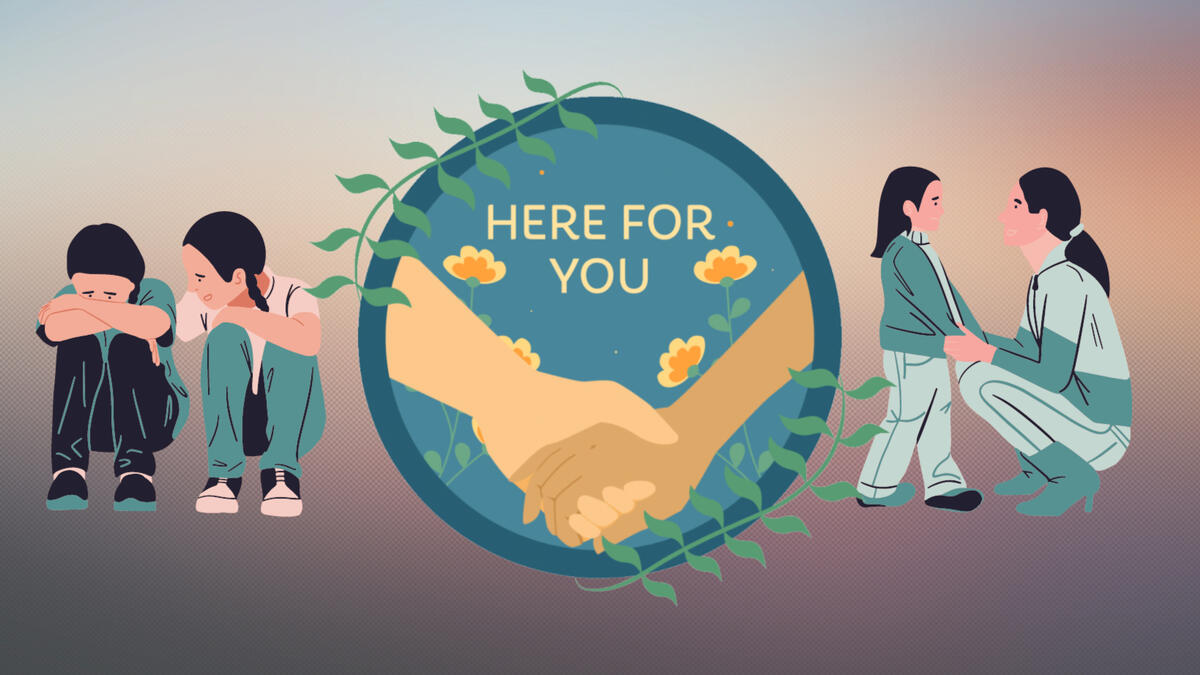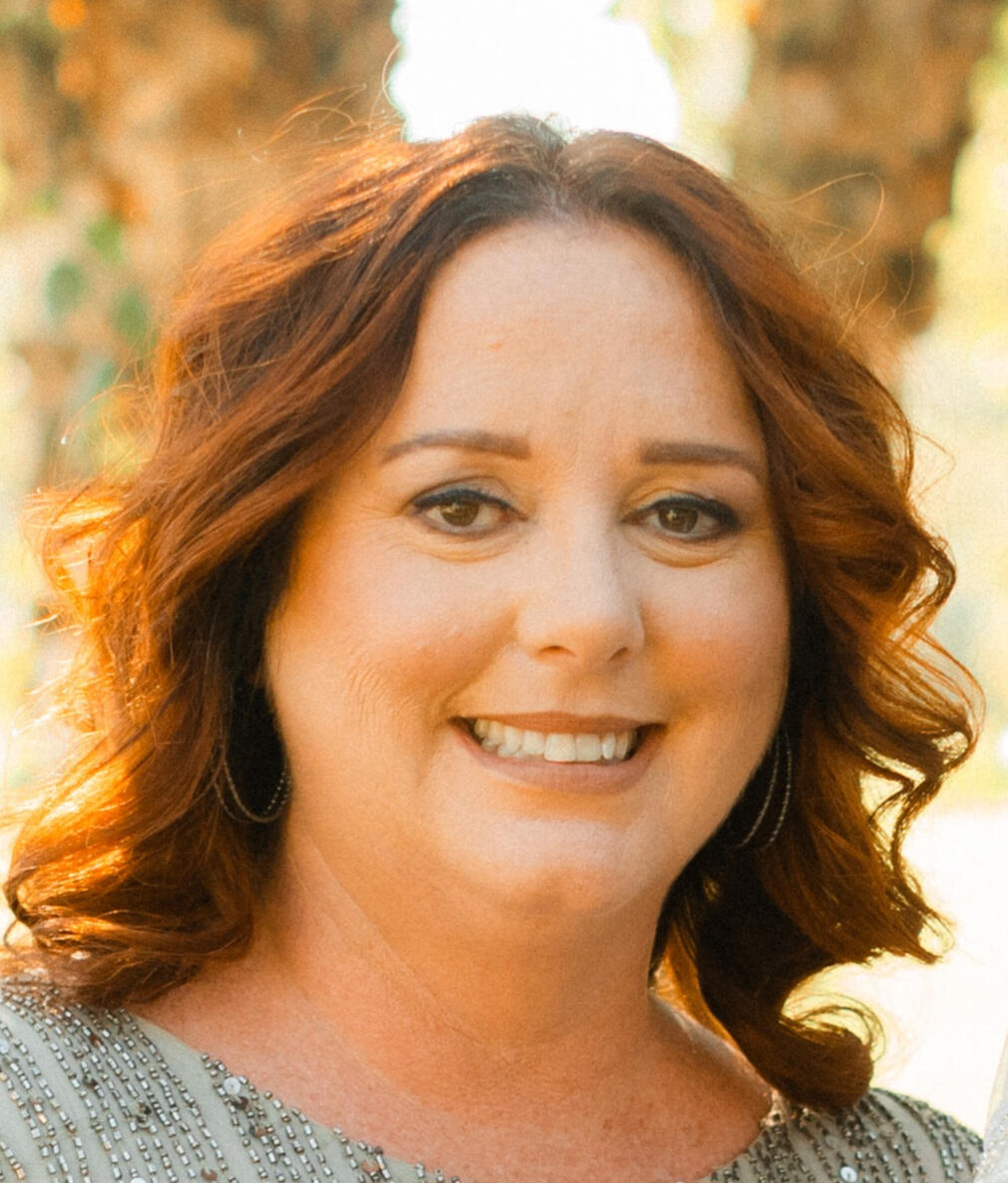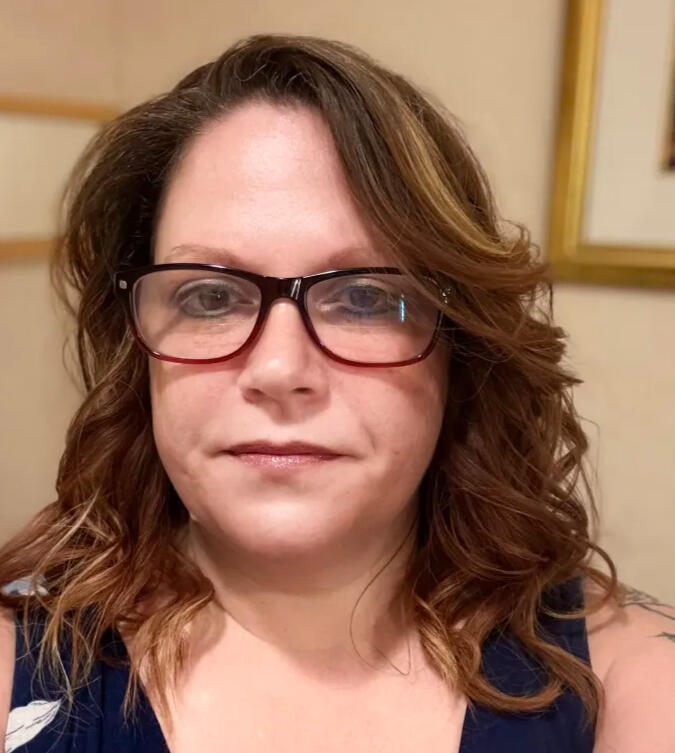Victory Behavioral Health, INC.
For by wise guidance you will wage war,
and in abundance of counselors there is Victory."
~Proverbs 24:6
Victory Behavioral Health, INC.
For by wise guidance you will wage war,
and in abundance of counselors there is Victory."
~Proverbs 24:6
Serving the community from three locations:
Mt Vernon
111 Progress Dr
Mt. Vernon, KY 40456
Phone: (606) 401-2075 Opt. 2
Fax: (606) 401-2076
Corbin
1700 Forest Drive
Corbin, KY 40701
Phone: (606) 401-2075 Opt 4
Fax: (606) 401-2076
somerset
817 W Columbia St
Somerset, KY 42501
Phone: (606) 401-2075 Opt. 4
Fax: (606) 401-2076
services offered
Community Support Associate

CSAs assist with comprehensive community support services. The CSA helps our clients with strategies and skills to increase their ability to live independently and access community resources. These activities are necessary to allow clients to live with maximum independence in the community. These activities can include medication adherence, utilizing community resources, crisis coping
skills, emotional regulation, and improving interpersonal skills.
Our goal is to help individuals with physical and mental health problems and disabilities, in living independently. Services include skills training, cueing, medication adherence support, assistance in
learning about/ recognizing symptoms, education regarding side effects of medication, assistance in accessing community resources, emotional regulation skills development/practice, crisis management/development of crisis coping skills, developing/enhancing interpersonal skills, teaching how to shop, and managing finances/budgeting.
peer support services

Peer Support Specialists are individuals in recovery from substance use disorder(s) or other mental health conditions, who complete required training and use their own recovery experiences to help others with similar conditions. Peer Support Specialists can help guide clients toward identification and achievement of specific goals that are defined by the client and specified in the treatment plan. Peer Support Specialists do not replace counselors, but offer additional options to help clients in their own efforts to recover, as part of the treatment team.
For other mental health services, including assessments, we refer out to Victory Counseling
Board Members
Victoria Smith
President, Director of Fundraising

Kathy Anderson
Vice President

Angela Silva, LPCC-S, NCC
Director of Compliance

Emily M. Loredo, BS, TCADC-TCM
Director of Clinical Services

Austin Bailey
Director of Human Resources

Allie Dodson, BS, TCM
Treasurer

Kendra Silva
Secretary

Cameron Reddix, MHA, BS
Director of Operations

Meetings are held the first Monday of every month.
For requests of information, please contact [email protected]
Accepted insurance
Medicaid
Medicaid
Aetna Better Health Medicaid
Humana Medicaid
United Healthcare Community Plan Medicaid
Passport/Molina Medicaid
Medicare with an MCO
Sliding Scale
The Sliding Scale Application is for clients who do not have insurance and may be eligible for a discounted rate for services.
This only applies to therapy related services.
not accepted
WellCare Medicaid
FAQs
Here, you'll find answers to commonly asked questions. For questions not answered here, please reach out to our staff.
what is victory Behavioral Health?
Victory is a counseling service dedicated to the physical, mental, and spiritual health of the community. Built on the foundational principles of human compassion, moral integrity, and Christian faith; it is our mission to serve in any capacity that we are able.
who does victory serve?
Victory is proud to serve everyone unconditionally. No one in need will be turned away. Regardless of age, race, gender, or religion, we are here to help in whatever way, by any means possible. Should a situation be beyond our means, we will actively seek assistance alternatives and resources.
For other mental health services, including assessments, we refer out to Victory Counseling
Statement Regarding 501(c)(3) Lobbying Compliance
Victory Behavioral Health (VBH) is a non-profit organization dedicated to raising awareness, educating, and providing treatment and care in the following areas: health, mental health, and substance abuse, in the areas served by the VBH and as described in its Bylaws. A further purpose is to receive contributions and funds for the operation of its activities which are described in Section 501(c)(3) of the Internal Revenue Code and exempt from taxation under Section 501(a).As a non-profit 501(c)(3) organization, donations to VBH are tax-exempt, and comply with all 501(c)(3) rules and regulations. No part of the net earnings of the corporation shall inure to the benefit of, or be distributable to its members, trustees, officers, or other private persons, except that the corporation shall be authorized and empowered to pay reasonable compensation for services rendered and to make payments and distributions in furtherance of the purposes set forth in the Articles of Incorporation.VBH does not attempt to influence nor participate in electoral politics, and we do not endorse candidates for public office. No substantial part of the activities of VBH shall be the carrying on of propaganda, or otherwise attempting to influence legislation, and VBH shall not participate in, or intervene in (including the publishing or distribution of statements) any political campaign on behalf of or in opposition to any candidate for public office. Notwithstanding any other provision of the Articles of Incorporation, VBH shall not carry on any other activities not permitted to be carried on:a) by a corporation exempt from federal income tax under section 501(c)(3) of the Internal Revenue Code, or the corresponding section of any future federal tax code, orb) by a corporation, contributions to which are deductible under section 170(c)(2) of the Internal Revenue Code, or the corresponding section of any future federal tax code.
Privacy Policy
The document below outlines our privacy policy. We encourage you to review it to understand how we handle and protect your data.
Sliding Scale
how do i apply the sliding fee discount?
Clients interested in signing up for the discount may complete the Sliding Scale Fee application, which can be obtained from the front desk, provide proof of income, and return to the front desk, staff member, or clinician. The client will then meet with the appropriate staff member before their visit with the provider.
The discount program is based on family income. To receive the discount, the patient must provide verification of income. Which may include the following:
2 – 3 Paycheck Stubs
Letter from Social Security/Disability
Copy of Check/Bank Statement to Verify Child Support Payments
Other documents may work, so please ask us about specific requirements.
what kind of discount can clients receive?
The discount level is based on the income and number of family members in the household. Please contact us so we can determine the appropriate discount for you.Victory Counseling does NOT offer free services. Payment for services is due at the time of service.For your convenience, we accept cash, checks, and debit/credit cards.
Error 404: Page not found
Whoops! We are unable to find the page you are looking for. Click here to head back to the homepage!
